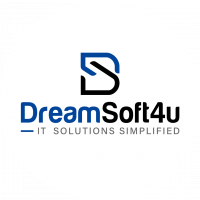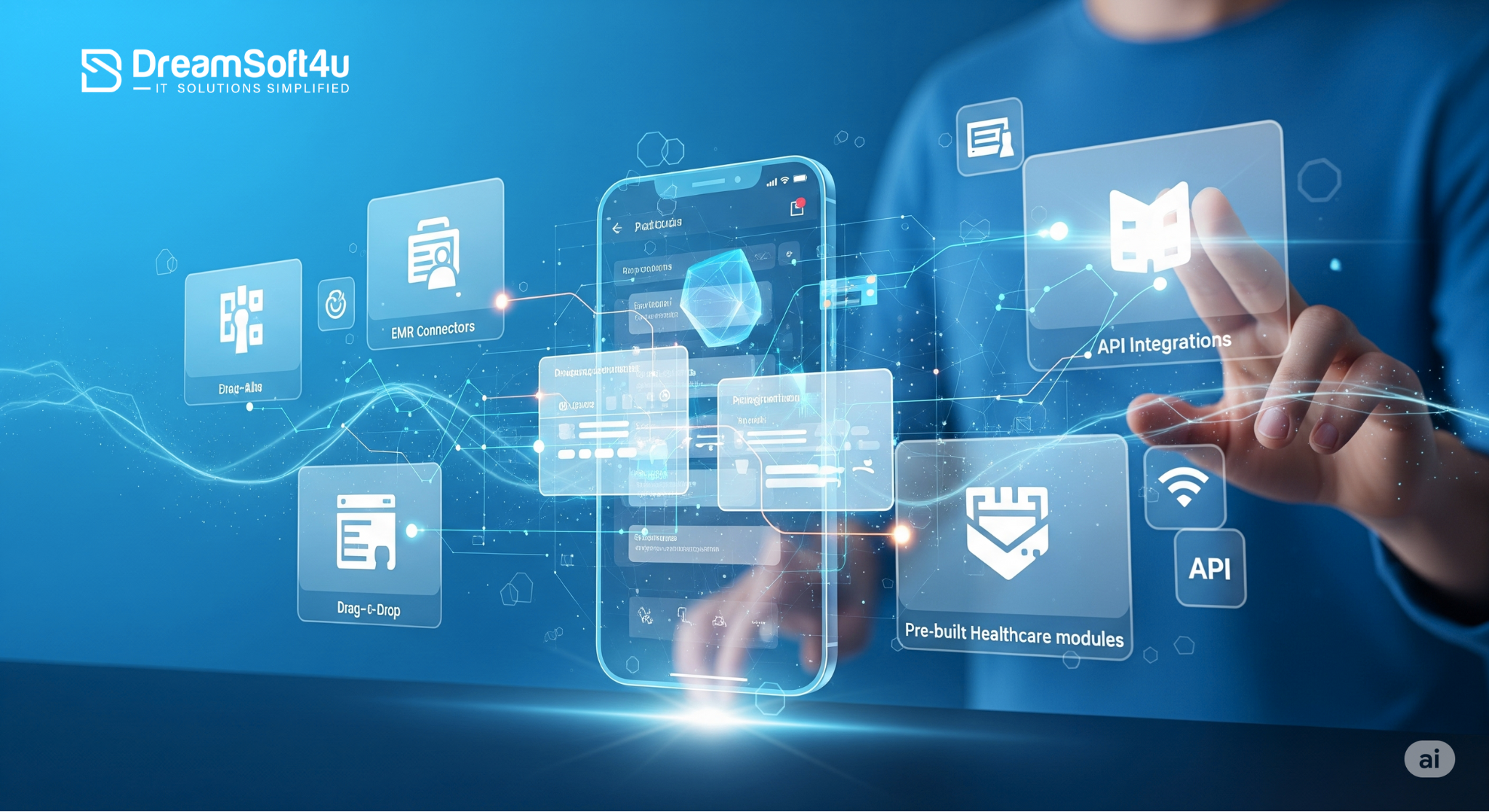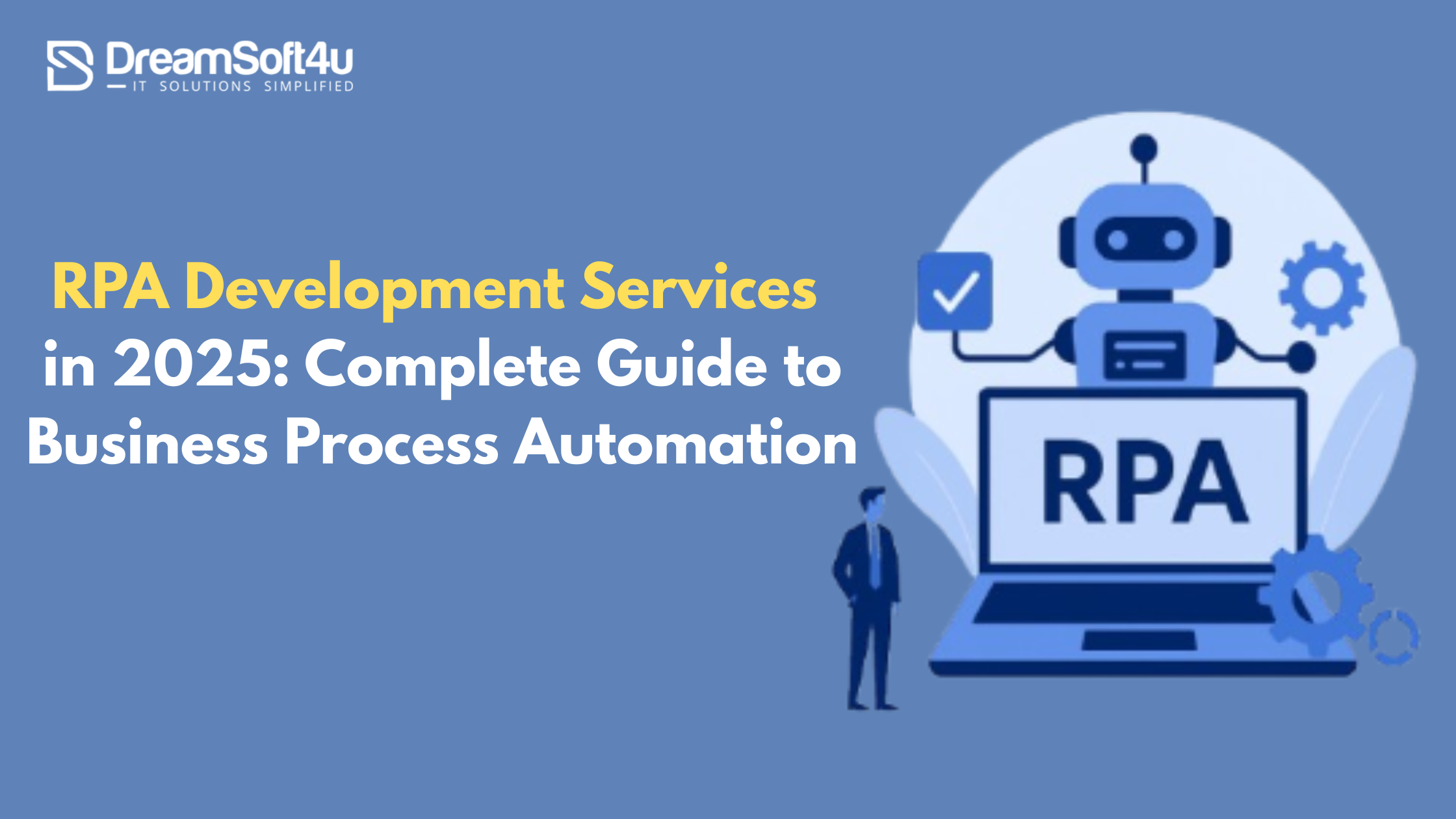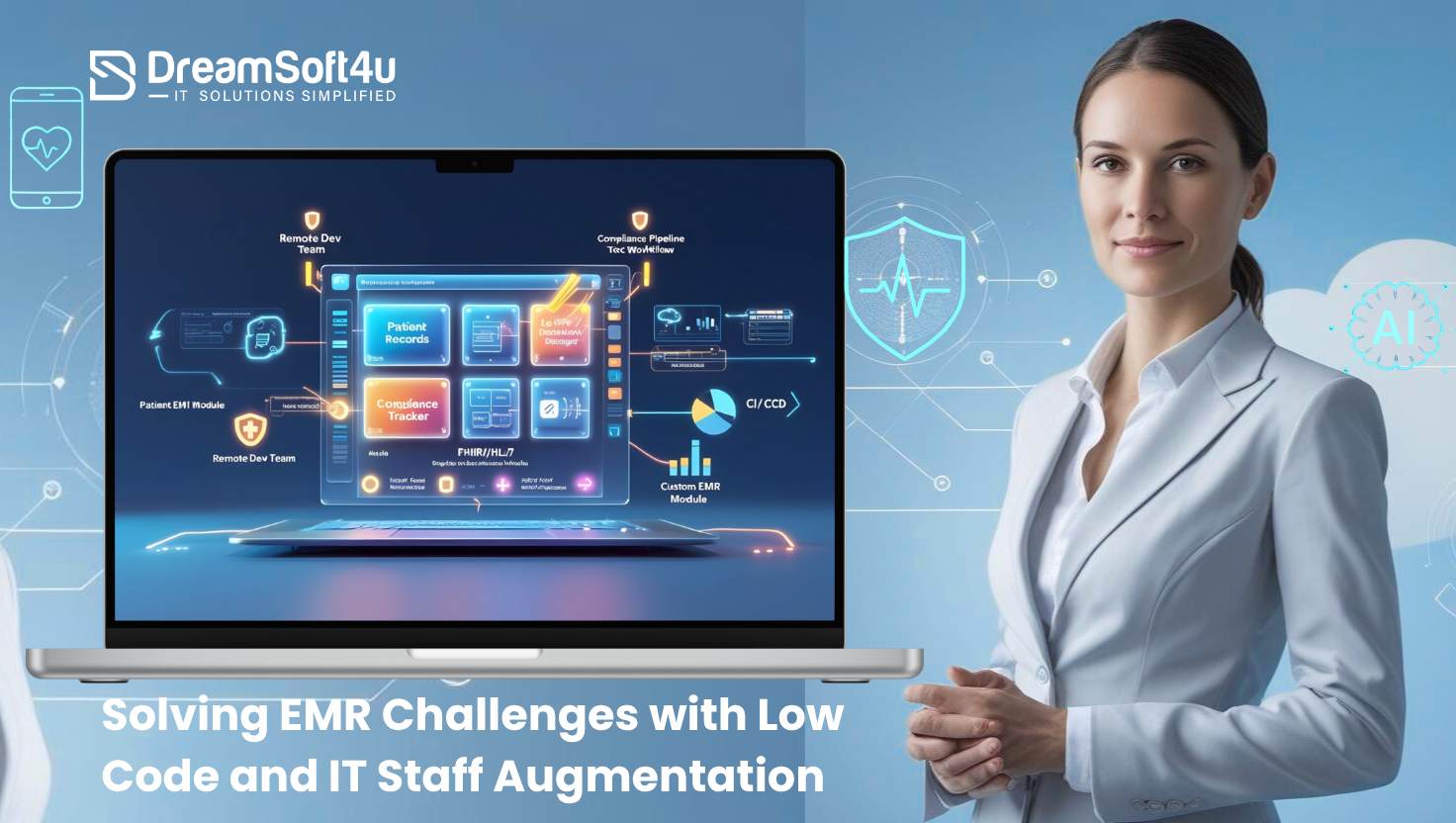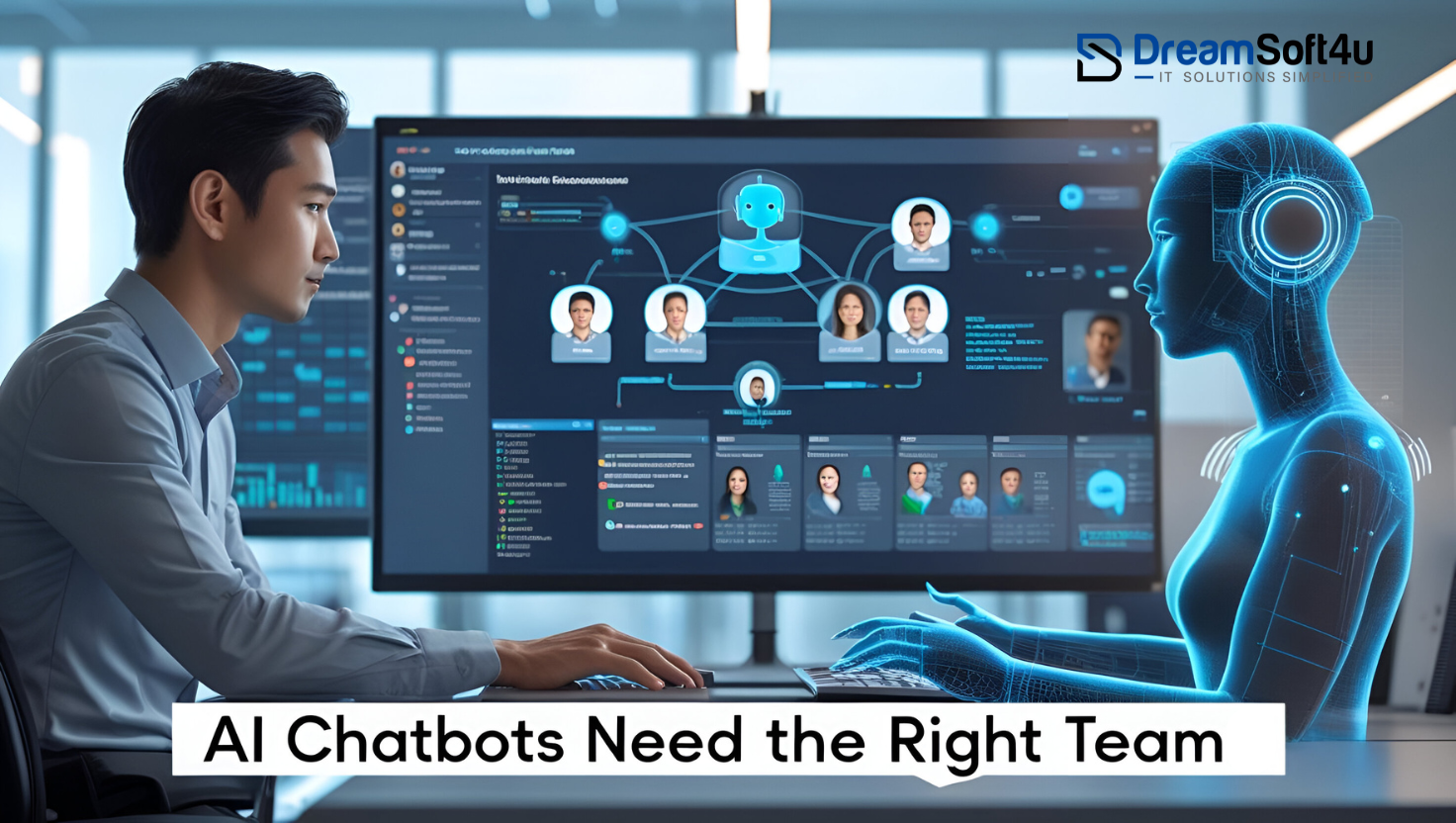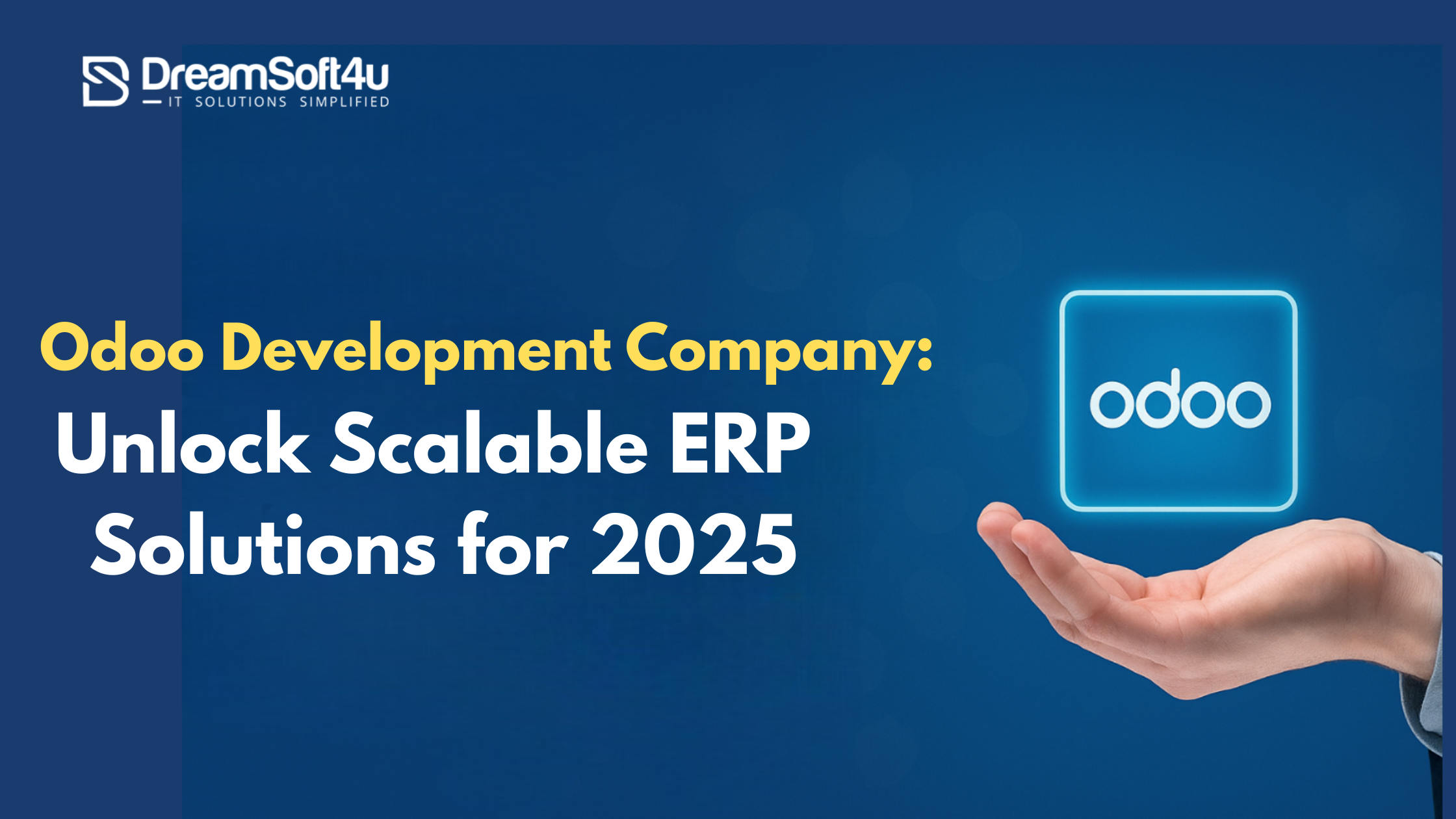How Agentic AI Development Is Powering the Future of Smart Automation
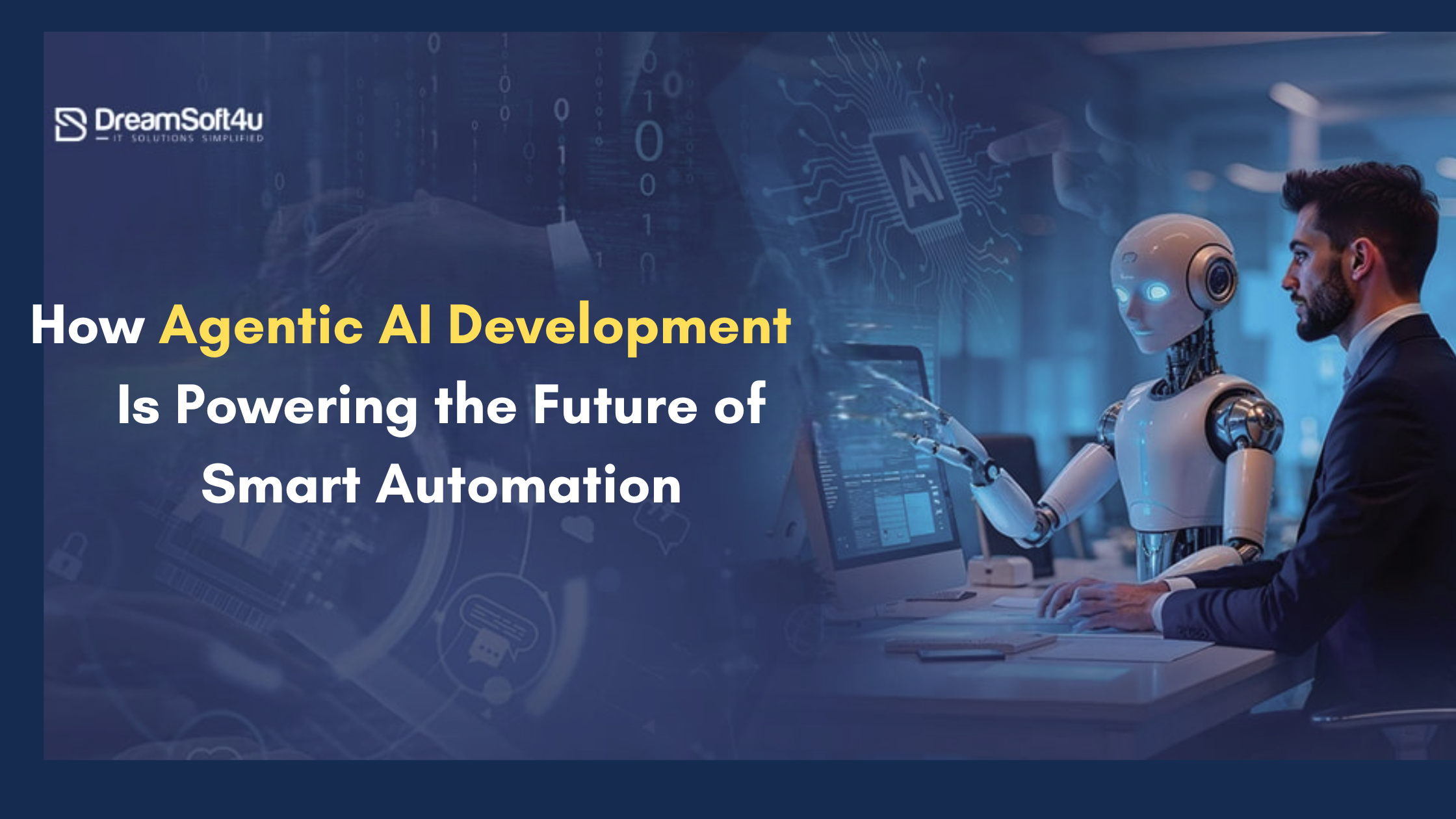
Strong 8k brings an ultra-HD IPTV experience to your living room and your pocket.
In the fast-evolving world of artificial intelligence, a new term is making waves: Agentic AI Development. As businesses push beyond traditional rule-based automation, they are increasingly adopting intelligent systems capable of independent decision-making, contextual awareness, and self-improvement. These systems are called agentic AI — designed to act as autonomous agents in dynamic environments.
From healthcare and logistics to finance and customer service, Agentic AI is rapidly transforming industries by delivering smarter, more scalable, and more adaptable automation solutions. This blog explores what Agentic AI is, how it differs from traditional AI, and why it's becoming essential for future-ready businesses in 2025 and beyond.
What Is Agentic AI?
Agentic AI refers to systems or models that exhibit autonomy, goal-oriented behavior, and contextual understanding. Unlike traditional AI, which often relies on predefined rules or decision trees, agentic AI systems can:
Perceive their environment
Interpret data contextually
Set and pursue objectives
Learn and adapt based on feedback
Essentially, they operate like intelligent "agents" capable of acting in complex, changing scenarios — often without continuous human intervention.
Core Capabilities of Agentic AI
Autonomous Decision-Making: Makes informed choices based on real-time data.
Self-Learning: Learns from its environment, errors, and user feedback.
Goal-Directed Behavior: Works towards predefined outcomes even when the path isn't explicitly laid out.
Adaptive Intelligence: Adjusts to new conditions without needing complete reprogramming.
The Foundation of Agentic AI Development
How Agentic AI Differs from Rule-Based Automation
Traditional automation is predictable but rigid. It follows predefined logic: "If A, then B." While this works well for repetitive tasks, it fails in uncertain or dynamic environments.
Agentic AI, on the other hand, can assess complex variables and make contextual decisions — much like a human. For example, an agentic AI in customer service can adapt its tone, response, and solution based on the user’s emotions and behavior.
Key Technologies Behind Agentic AI
Machine Learning & Deep Learning: The core of agentic systems, enabling pattern recognition and predictive modeling.
Reinforcement Learning: Teaches agents to make decisions through reward-based feedback loops.
Natural Language Processing (NLP): Allows AI agents to understand and respond in human language.
Multi-Agent Systems: Multiple AI agents interact and collaborate to solve complex problems.
Human-in-the-Loop Systems: Human feedback improves learning and ensures accountability.
How Agentic AI Development Is Powering Smart Automation
Real-World Use Cases
1. Healthcare
Agentic AI systems are used in telemedicine platforms to provide diagnostic assistance, monitor patient vitals, and alert caregivers in emergencies.
2. Finance
AI agents analyse market trends and autonomously execute trades in real-time, optimising portfolios and detecting fraud.
3. Manufacturing
Robotic agents can self-adjust workflows based on production data, detect maintenance needs, and ensure quality control without human oversight.
4. Customer Support
Agentic chatbots adapt their responses based on user sentiment, conversation history, and real-time context.
5. Logistics
Delivery and supply chain agents dynamically reroute shipments based on traffic, weather, or warehouse delays.
Benefits Over Traditional Automation
Scalability: Handles complex operations across different business units.
Context-Awareness: Makes decisions based on changing input and real-time data.
Speed and Efficiency: Executes tasks faster with fewer errors.
Reduced Human Supervision: Operates independently, freeing up resources.
Higher ROI: Improves outcomes with better predictive and adaptive capabilities.
Challenges in Agentic AI Development
Ethical and Regulatory Concerns
Accountability: Who is responsible for an agent’s decision?
Transparency: How do you explain AI’s logic to stakeholders?
Bias: AI agents must be trained on diverse data to avoid discrimination.
Technical Hurdles
Data Quality: Inaccurate or biased data can harm agent behaviour.
Compute Resources: Advanced models require significant processing power.
Security Risks: Autonomous agents could be exploited if not properly secured.
The Future Outlook of Agentic AI in Automation
Trends to Watch in 2025 and Beyond
AI + IoT Synergy: Agentic systems will control smart factories, cities, and homes.
Cross-Industry Adoption: Sectors like legal, education, and agriculture will adopt agentic solutions.
Increased Collaboration with Humans: Agents will work alongside humans, not replace them.
Responsible AI Frameworks: Growing demand for ethical and accountable AI models.
How Businesses Can Prepare
Invest in AI Training & Tools
Collaborate with AI Development Partners
Prioritise Ethical AI Design
Update IT Infrastructure for AI Workloads
Conclusion
Agentic AI Development represents the next evolution in smart automation, making systems not just intelligent but independent, adaptive, and purposeful. By empowering machines with decision-making abilities, businesses can unlock new levels of productivity, efficiency, and innovation.
As we step into 2025 and beyond, industries that embrace agentic AI will lead the charge in delivering exceptional customer experiences, operational excellence, and strategic advantage.
At Dreamsoft4u, we specialise in building cutting-edge AI solutions tailored to your business needs, including intelligent agent-based systems that power your future-ready applications.
Frequently Asked Questions (FAQ)
Q1: What industries benefit most from Agentic AI?
Industries like healthcare, finance, logistics, manufacturing, and customer service gain the most from Agentic AI due to their dynamic and complex operations.
Q2: Is Agentic AI safe and ethical?
It can be, when developed responsibly. Proper training data, human oversight, and explainability are key to ensuring safe and ethical use.
Q3: What’s the difference between AI and Agentic AI?
Traditional AI follows predefined rules. Agentic AI acts independently, makes its own decisions, and learns from experience.
Q4: How can a business get started with Agentic AI?
Start with identifying processes that need autonomy, consult AI experts, and invest in proof-of-concept projects before scaling.
Q5: What role does Dreamsoft4u play in AI development?
Dreamsoft4u offers custom AI development services, including agent-based systems for automation, helping businesses stay ahead with future-ready technologies.
Note: IndiBlogHub features both user-submitted and editorial content. We do not verify third-party contributions. Read our Disclaimer and Privacy Policyfor details.

